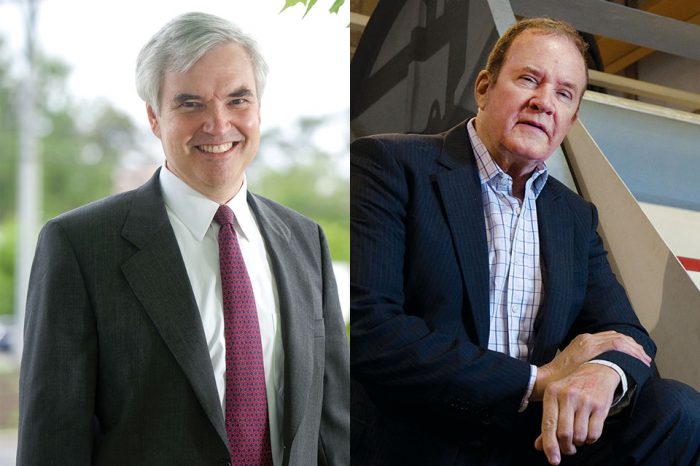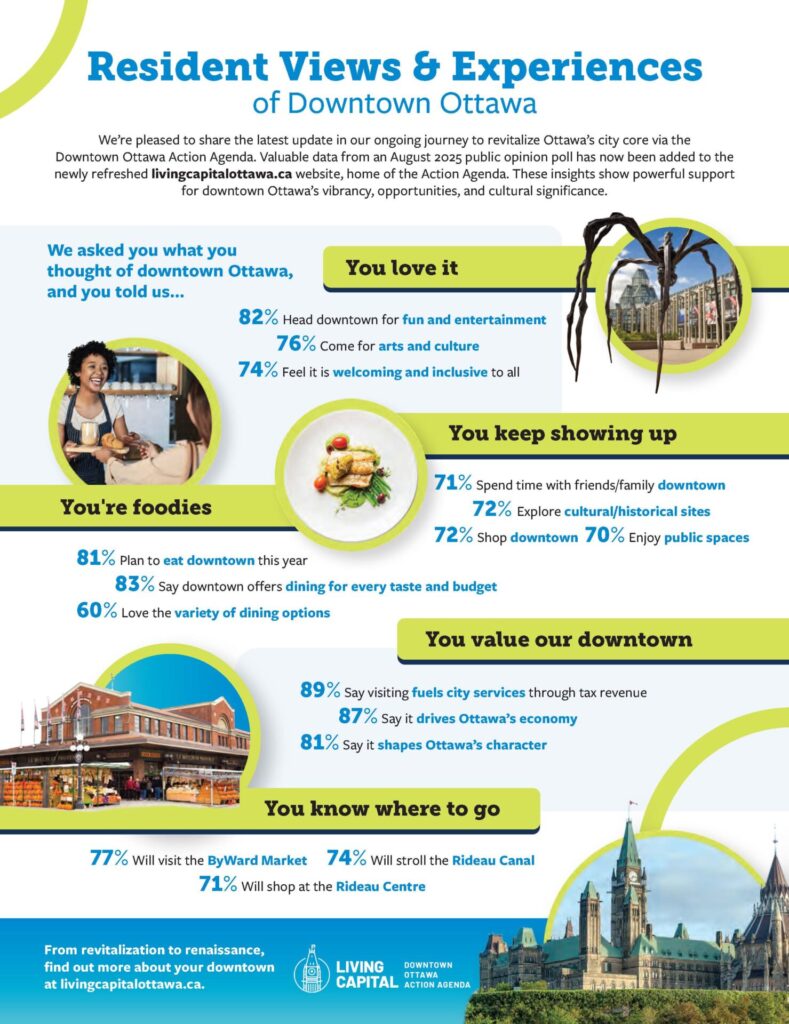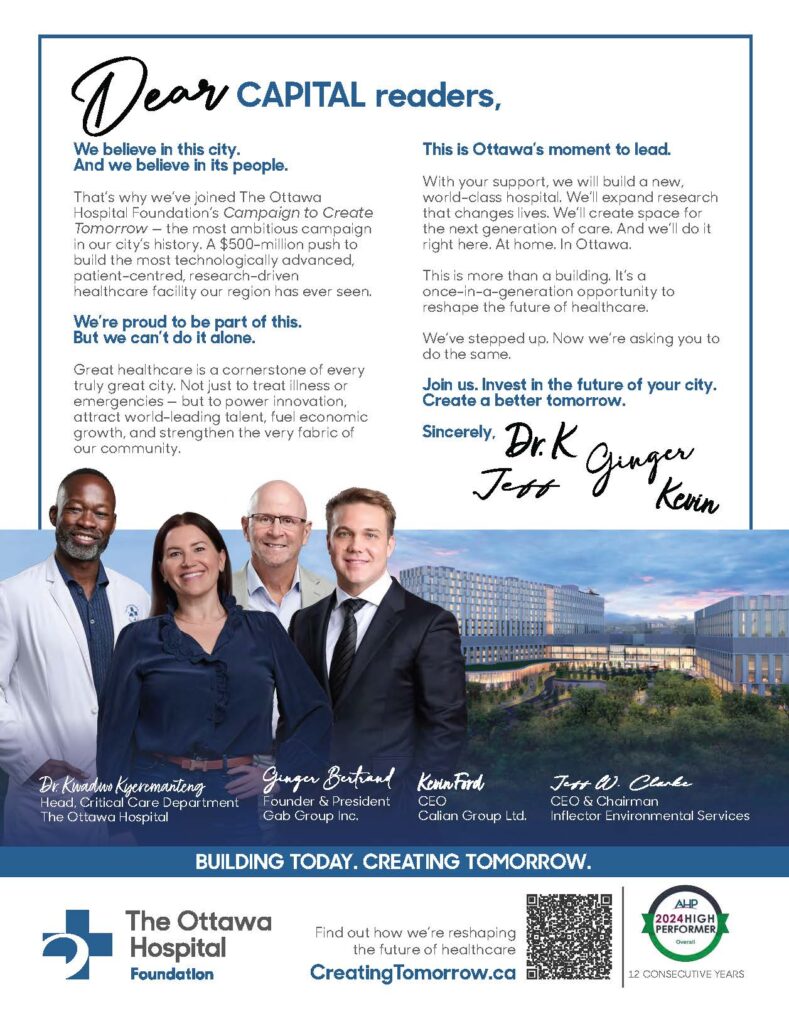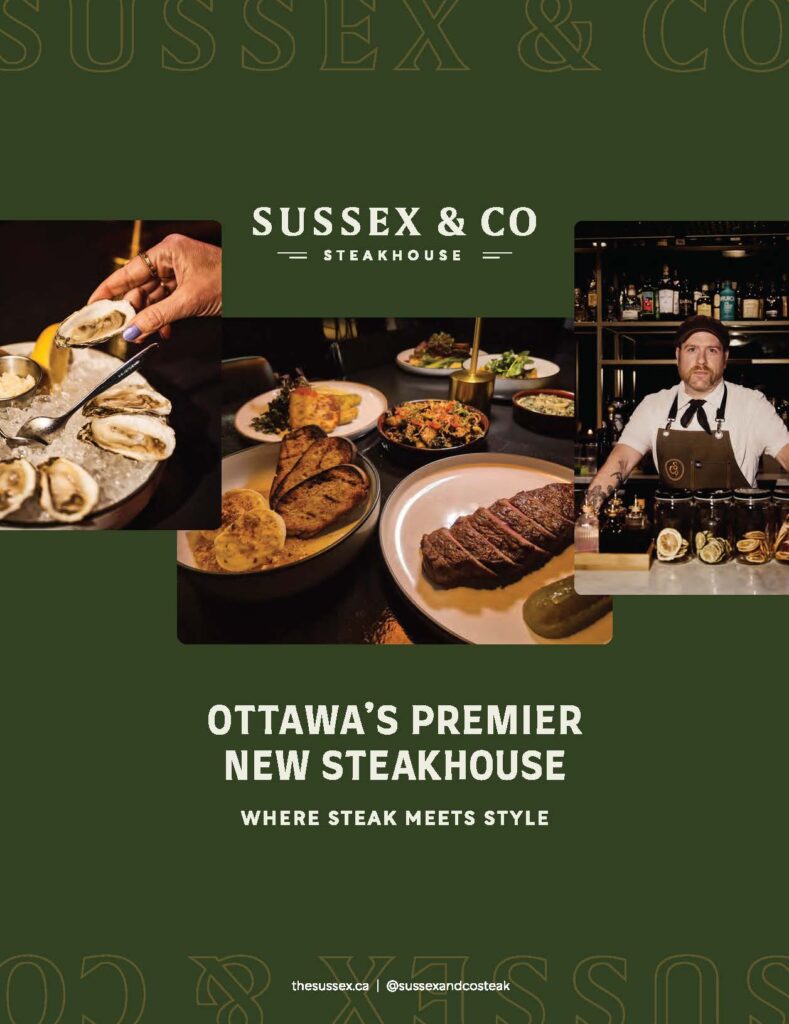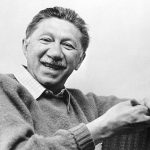The Last Word: Abraham Maslow’s Tips for Self-Actualization
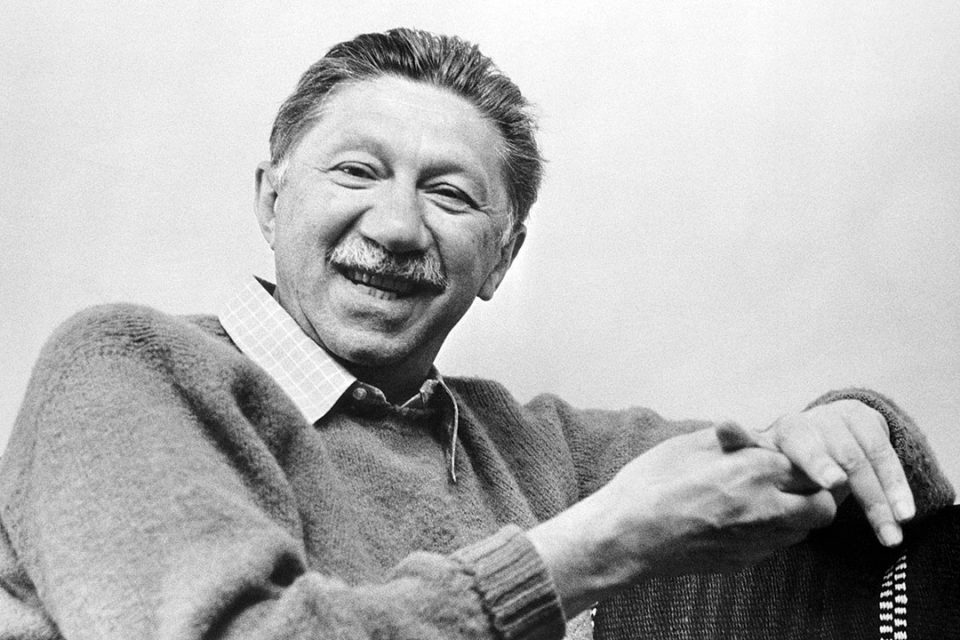
By Cory Galbraith
He said Freud was an unhappy old man who never considered the human spirit in the health of the mind.
Abraham Maslow, who died in 1970, was a different kind of psychologist. Rather than studying what goes wrong with a person’s mind, he chose to study what made the mind right. He called this “self-actualization”—the point we reach when we’re realizing our full potential as a human being.
You know you’re living to your full potential when you experience “a-ha” moments of joy, discovery, and connection. Self-actualization is not a place where you arrive. Instead, it’s a never-ending state of “becoming.”
But Maslow had one caveat. He believed that self-actualization—being able to release negative thoughts so we can see our true value—is either not possible, or becomes difficult if basic human needs are not met. These include the need to feel safe, to sleep and eat, to love and be loved, and the need for self-esteem.
Therein lies the problem. In today’s society, those basic needs are not being met for many people.
According to Maslow, until that happens, true self-actualization is hard to come by. And because he knew just how elusive those needs can be, he estimated that only two percent of people will ever reach the stage of self-actualization.
Maslow created this list of behaviors to help us get there. How many are you practicing?
- Experience life like a child, with full absorption and concentration
- Try new things instead of sticking to safe paths
- Listen to your own feelings in evaluating experiences instead of the voice of tradition, authority, or the majority
- Avoid pretense (‘game playing’) and instead, be honest
- Be prepared to be unpopular if your views do not coincide with those of the majority
- Take responsibility for your life rather than blaming society or others
Maslow studied Lincoln, Einstein, and other great people of history and said that by practicing the above behaviors, they developed the following self-actualizing characteristics:
- Tolerated uncertainty
- Accepted themselves and others for who they were
- Had a sense of humour
- Showed creativity
- Showed genuine concern for the welfare of humanity
- Appreciated basic life experiences such as enjoying a country walk
- Established deep satisfying interpersonal relationships with a few people
- Developed strong moral and ethical standards
In many ways, Maslow’s prescription for self-actualization is about looking inside yourself—getting to know you, accepting what you learn, and moving on.
In today’s world of distraction, taking the time to know yourself is more important than ever. Self-actualization will ground you, allowing your inner calm to shine.
Cory Galbraith is a former journalist turned entrepreneur. He is CEO of Ottawa-based Webcast Canada, a leading online streaming company.


